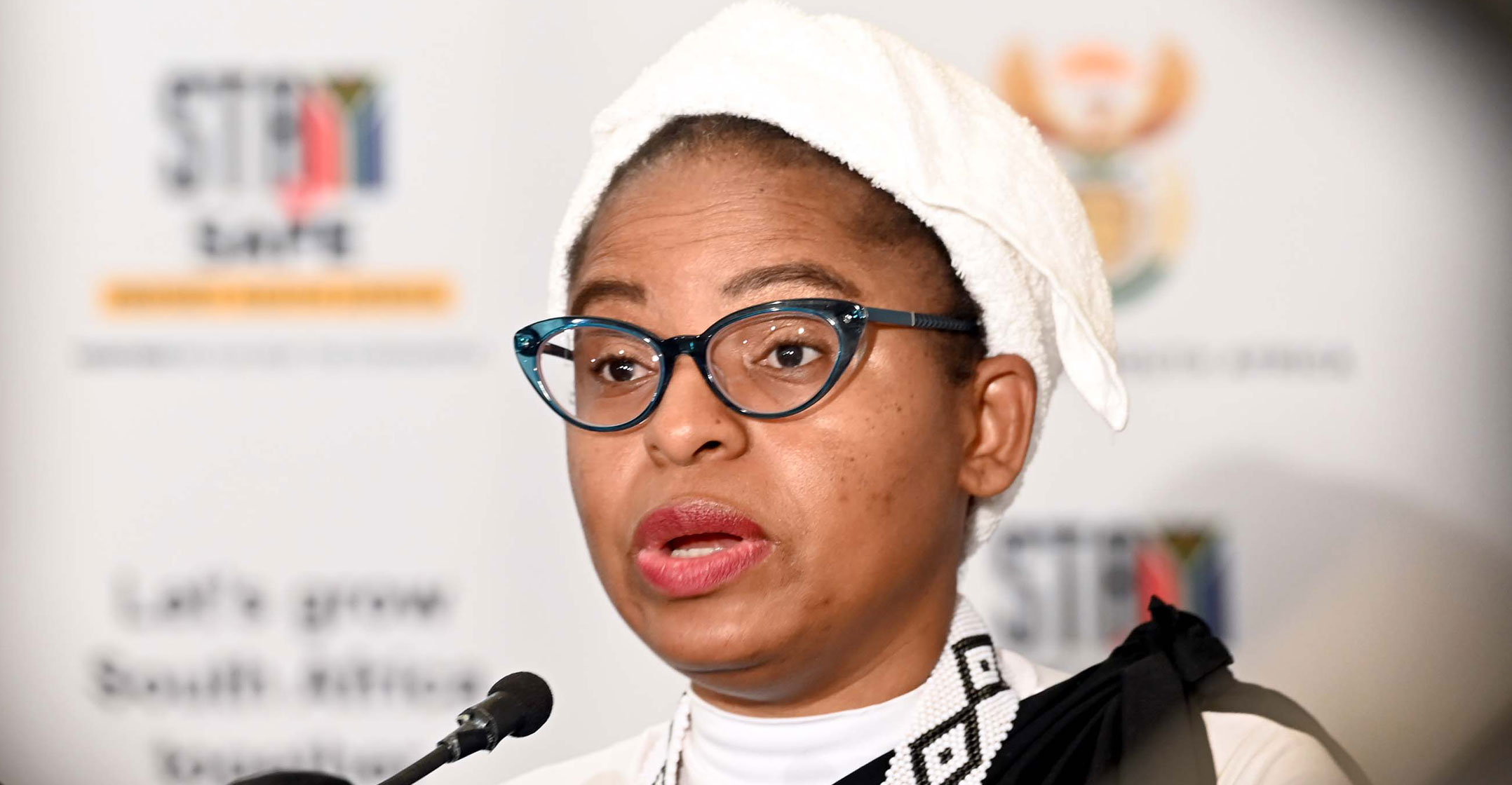
The department of trade, industry & competition is preparing a notice that will ban the importation of analogue television sets, communications minister Khumudzo Ntshavheni said in parliament in the debate on last week’s state of the nation address.
Ntshavheni, addressing MPs at Cape Town’s city hall on Tuesday, said her department – communications & digital technologies – is waiting for trade & industry minister Ebrahim Patel to publish the notice, which she said will happen “shortly”.
She claimed the move will support the local production of TV sets capable of receiving digital signals. “We don’t want to use decoders in the future,” she said in reference to the need for old analogue TVs to use set-top boxes to receive digital broadcasts after analogue signals are switched off.
South Africa is years behind in its project to move from analogue to digital terrestrial television, though there has been renewed impetus to get the job done under Ntshavheni and her boss, President Cyril Ramaphosa. Both have promised analogue switch-off will be completed by the end of March this year, a deadline that looks unlikely to be met as a key player in the industry – e.tv parent eMedia Holdings – has sued the minister for what it believes is a too-aggressive approach to ending analogue broadcasts. eMedia said its commercial interests are being prejudiced. That matter is set to be heard in the high court on 8 March.
However, Ntshavheni insisted in her speech to MPs that government is “on course” to complete analogue switch-off by no later than 31 March.
‘Completed’
“We have completed analogue switch-off in five provinces – the Free State, the Northern Cape, North West, Mpumalanga and Limpopo. We are on course to complete the remaining four provinces in February and March – two in February and two in March,” she said.
She added that Sentech, the state-owned broadcasting signal distributor, has commenced the process of “digital restacking” – which involves moving broadcasters out of the “digital dividend” bands – and that this has been concluded in the Free State. North West will be done this month, with digital restacking to take place in Mpumalanga and Limpopo in March.
Digital restacking is an important component of the digital migration project, as it will free up spectrum in the 700MHz and 800MHz bands – the digital dividend bands – to allow communications regulator Icasa to license these for mobile and wireless broadband services. – © 2022 NewsCentral Media




